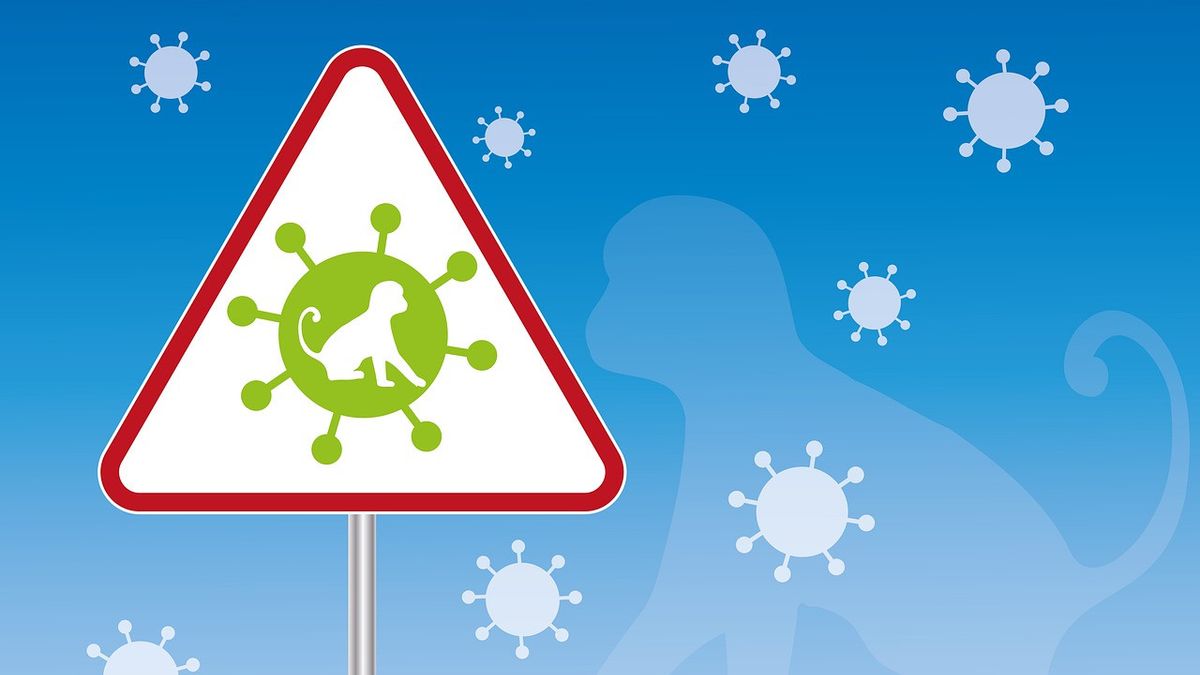JAKARTA - Professor of Pulmonology from the Faculty of Medicine, University of Indonesia (FKUI) Prof. Dr. Tjandra Yoga Aditama said Monkeypox or Mpox needs to be watched out for, although it is no longer a global health emergency.
"Although it is no longer a global emergency, of course we still need to be vigilant against Monkeypox, just as we are wary of various other infectious diseases," said Tjandra Yoga Aditama as reported by ANTARA, Monday, October 23.
Tjandra, who is also the former Director General of Disease Control of the Ministry of Health (Kemenkes), said that Monkeypox is a viral disease from the genus Orthopoxvirus consisting of culles (claves) I and II.
Monkeypox was once declared a global health emergency or Public Health Emergency of International Concern (PHEIC) on July 23, 2022. After almost a year of intensive handling in the world, said Tjandra, as of May 11, 2023 Monkeypox was declared no longer PHEIC, aka an emergency situation has been declared over.
The latest data from WHO as of October 20, 2023, reports that in the world there have been 91,123 cases of Monkeypox spread across 115 countries. "What is currently widely circulating in the world is Clade IIb," he said.
Common symptoms of Monkeypox sufferers are abnormalities in the skin and mucose that can occur 2-4 weeks, followed by fever, headache, muscle aches, weak body, and enlargement of lymph nodes.
"The transmission occurred due to direct contact, both from sick people and also from contaminated materials and possibly from animals. So this is a zoonosis disease," said Tjandra.
The DKI Jakarta Health Office reported that there are currently seven cases of Monkeypox in Jakarta with the patient age range ranging from 25 to 35 years.
"It would be good if seven cases in Jakarta were also conveyed the pattern of transmission so that they could catch this disease, and how to investigate the next Epidemiology (PE)," said Tjandra.
He said Monkeypox can be confirmed through PCR diagnosis on abnormalities in the patient's skin.
"Vaccination can help prevent transmission, especially in those who are among the high risk groups," he said.
Confirmed separately, the Head of the Surveillance, Epidemiology and Immunization Section of the DKI Jakarta Health Service (Dinkes) Ngabila Salama said the search for the Monkeypox case was carried out through close contact with the patient.
Examination of residents with symptoms was carried out through orofaring swabs, swabs, swabs, swabs, and blood tests.
"However, for those who are asymptomatic, they are monitored every day whether there are symptoms that arise. If symptoms appear, further laboratory examinations will be carried out," he said.
The English, Chinese, Japanese, Arabic, and French versions are automatically generated by the AI. So there may still be inaccuracies in translating, please always see Indonesian as our main language. (system supported by DigitalSiber.id)












